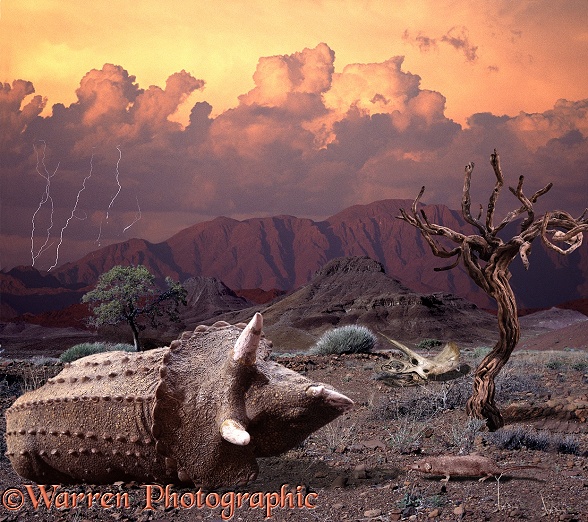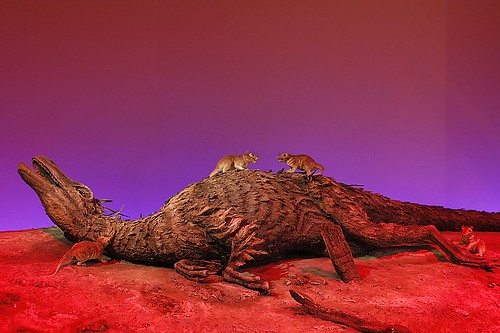
But the trees get to live...

But the trees get to live...
http://news.cincypost.com/apps/pbcs.dll/article?AID=/20070717/EDIT/707170341/1001
A turning point for all of us
Column by Post editor Mike Philipps
• The Post to say farewell Dec. 31
It was a different world in September of 1977 when Bill Keating at the Enquirer and Ed Estlow at Scripps put their signatures to a document that virtually guaranteed two newspapers would compete in Cincinnati for at least 30 years.
With this agreement, The Post hoped to survive; the Enquirer hoped to lure more advertisers by putting their ads in two newspapers for one price; both papers hoped to make some money, and the community hoped to enjoy competing teams of reporters. It worked, for a while.
But times have changed and continuation of the arrangement that has seen The Post’s advertising, circulation and printing handled by the Enquirer no longer makes sense to the Enquirer and will end on Dec. 31.
Nor can The Post go on alone.
To understand why, we need to look back at the world in 1977.
In that world, three major networks fought one another to bring their version of what was most important into our homes. We watched because there wasn’t much choice.
• Comment on the Post and its impending closing
Telephones were tethered to the wall by wires and choice was not a word at all understood by phone companies.
If you wanted to buy a car, rent an apartment, find a job, move into a new home there was one place to go ... the classified section of your daily newspaper.
In January 1977, 80 million persons participated in a shared experience ... the broadcast of the miniseries “Roots.” We were a country which shared experiences because that’s the way our media worked.
Microsoft was a small company with sales totaling just under $382,000 for the year.
Smart as they were, Keating and Scripps could not on that day imagine the nature of the competition their two newspapers would face nearly 30 years later.
Today, cable TV firms advertise more than 300 channels. Satellite TV providers tout more than 250. Satellite radio? 130.
A generation has grown up not just with wireless telephones ... but with wireless phones which deliver a breathtaking selection of news, entertainment, information and, yes, advertising.
Choice is everywhere. Media, instead of drawing us together, split us into smaller and smaller slices, indulging our individual interests, instead of our collective interests.
For an industry that built more than 100 years of success on delivering masses of readers to individual advertisers, this is a world turned upside down. A world that at its core remains rooted in 19th century technology of ink on paper.
Meanwhile, Microsoft revenues have grown to an expected $51 billion this year, most of it from technologies which are challenging the old newspaper model in a dozen different ways.
These are difficult times for even healthy newspapers. It is not a time to invest in starting virtually from scratch what would amount to a new newspaper.
Count me among those who believe there will be a day when communities see the value of local news, professionally gathered and delivered, perhaps even on paper.
I do not think it inevitable that newspapers will go away, but even if I am wrong, I think communities will somehow re-invent them or something to take their places.
Today we are in the throes of a great struggle to discover a new model for local journalism. Can the Internet produce the kinds of revenue needed to support a professional newsroom? What will be the role of the gifted amateur in producing the newspaper of the future? What technological breakthrough looms just around the corner?
Timing, of course, is everything. Had Keating and Estlow picked 40 years instead of 30, we might have a few more years to find answers to those questions and be in a position to soldier on. But the reality is that today we are not.
There will be lots of time in the coming months to reflect on the role of The Post over 126 years. And I am confident many of you will weigh in with your opinions on what might have been had we just done this or done that.
But the reality is this: Our time has come ... and gone. Because Keating and Scripps were smart, we got a 30-year reprieve from the fate that awaited first evening newspapers and now, I fear, our morning brethren.
I wish things were different. I wish the world was more agreeable to the profession I have invested more than 35 years trying to master.
I wish young people read more. I wish advertisers realized the value of an product with ads that can’t be filtered out. But, as Napoleon observed, and Donald Rumsfeld famously cribbed, “We must take things as we find them, and not as we might wish them to be.”
Mike Philipps is editor of The Post.
